Funny, weird license plates & requests
How far will some go to display 7, 8 character insults, descriptions of bodily functions to others?
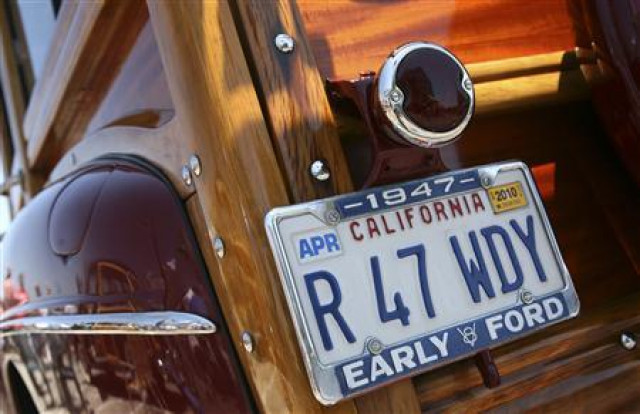
"When I see T-O-F-U, I see tofu," says Calk, who requested the so-called vanity plate from the Tennessee Department of Revenue last September.
"I can't control the way anyone else interprets that," said Calk, 26, an animal rights activist from Murfreesboro, Tennessee.
The dilemma faced by Tennessee authorities last year is not unusual, as officials at motor vehicle agencies nationwide consider hundreds of thousands of personalized plate requests each year. There are an estimated 9 million personalized license plates in the United States.
The vast majority of the requests are not objectionable, but thousands provide insight not only into the boundaries of free speech but the amount of human ingenuity expended to display seven and eight character insults, sexual references and descriptions of bodily functions to other motorists.
The battle to keep highways free of offensive phrases means state officials must track everything from Internet slang to foreign languages to commands like 3MTA3, which reveals its meaning when read backwards in a rear view mirror.
Virginia may be the capital of vanity plate mischief. Personalized plates in the state cost just $10 more than regular license plates—compared with $40 in Texas and $94 in Illinois. One million of the Virginia's 7.8 million vehicles have them.
In 2009 alone, the state denied more than 700 plate requests including IHAV2P and IAMHIGH along with 100 requests beginning with the letter ‘F' and myriad proposals involving the number ‘69,' according to state documents.
Questionable formulations are so common that a 20-person committee of motor vehicle staffers meets for an hour each month to review suspicious applications. State guidelines ban deceptive plates such as FBI or confusing configurations like O0O0O and NOTAG as well as excretory, sexual, racial or drug references.
"It's the only time you get to talk like that at DMV, that's for sure," said Department of Motor Vehicles spokeswoman Melanie Stokes, who sits on the review panel. Less offensive and more playful ideas, including EWOBAMA, IPUNCHU and DMYANKI, have all been reviewed and rejected at the meetings.
Sometimes it’s upside-down
Some slip through. Pictures have been posted on the internet of the Virginia-issued 370H55V — which has to be read upside-down to get the full message.
In Maryland, a software program checks requests against 4,331 banned license plate formulations, a list that includes WILDPIG, TOILET and GAY.
State prisoners who make the plates also help out by identifying drug, gang or sexual references that slip by the computer and the civil servants, said Philip Dacey, a spokesman for the Maryland Motor Vehicle Administration.
"A lot of these are gray areas," said Dacey. "TOILET is on the list and if people want to challenge it they can have a hearing."
That's what one motorist did after Maryland revoked his MIERDA vanity plate following a complaint. Though the Spanish term would seem to embody the state's ban on "scatological" references, an administrator is currently considering the man's appeal that the license plate should be interpreted as a non-vulgar reference to a form of fertilizer.
More recently Maryland attempted to revoke a plate reading WTF, an abbreviation for a three-word phrase beginning "what the ..." that is widely used in Internet chat. The agency reversed course after an investigation revealed that the plate predated the Internet, and was a reference to the motorist's waterfront home.
In Florida, the state's motor vehicle agency takes a permissive stance towards celebrations of clothing optional bathing. O2B NUDE, BARE ALL and BE NAKED have all been deemed acceptable by the director of the agency, who nonetheless spiked 4NICK8, CAT BUTT and COW PADY, according to records released by the state.
Other states are less permissive.
Utah, which faced a lawsuit in the 1990s for issuing plates with the term "Redskins" because it offended Native Americans, has recently denied ‘IH8TBYU,' ‘MNKYBUM,' and ‘MYSHRAZ' for being derogatory, vulgar, and an alcohol reference to a popular wine.
Massachusetts' vanity application form now instructs motorists that the letters "I" "O" "Q" and "U" can only be used "as part of a word that is clearly defined and correctly spelled." California requires applicants to explain the meaning of any request.



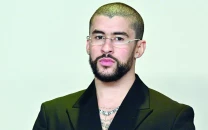
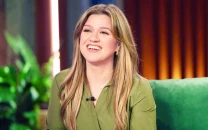
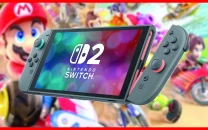
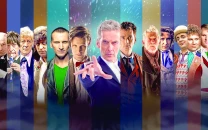












COMMENTS
Comments are moderated and generally will be posted if they are on-topic and not abusive.
For more information, please see our Comments FAQ